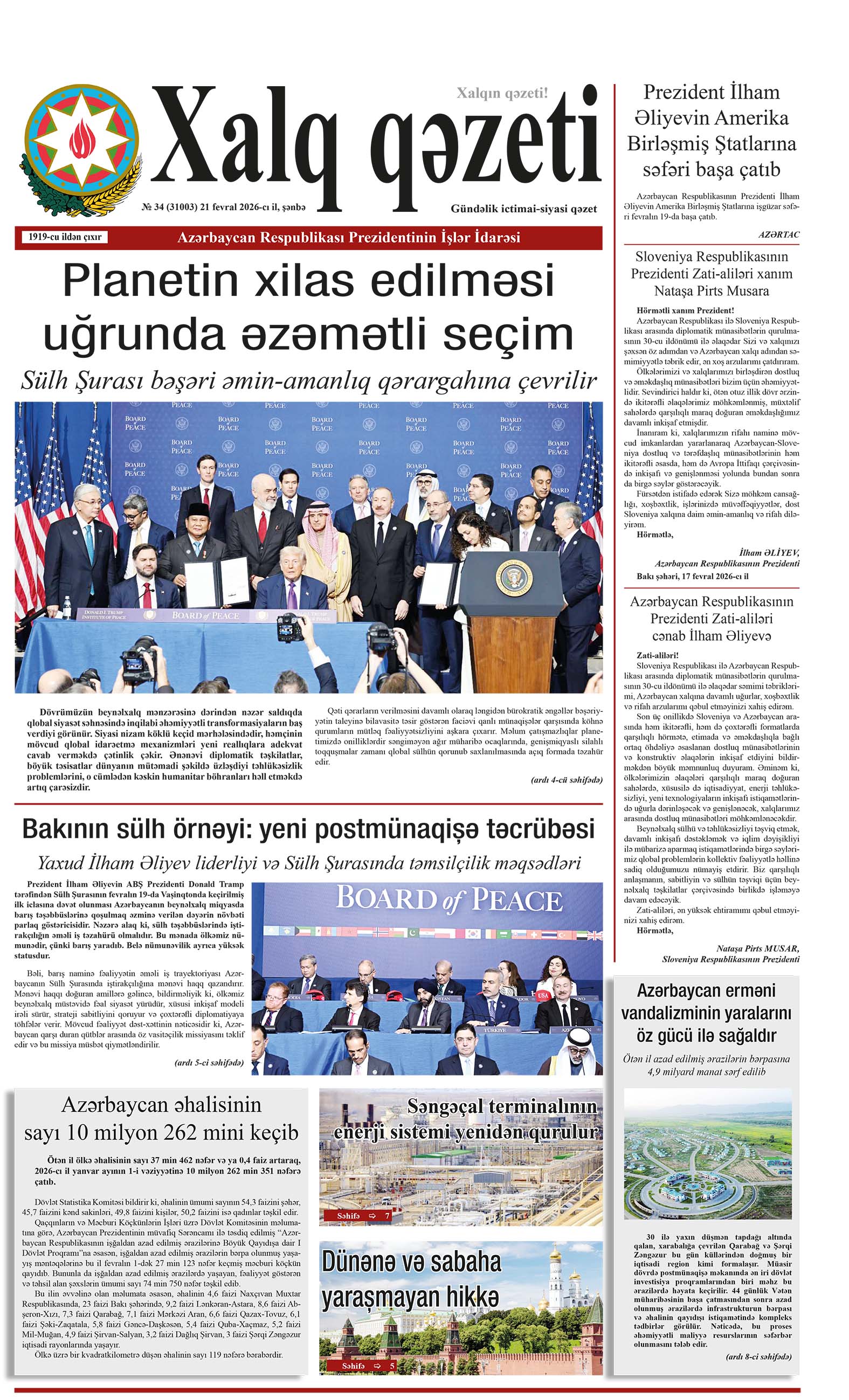Britain has been named Europe’s work from home capital, with employees spending more days away from the office than in any other nation on the continent, according to Telegraph.
Workers in the UK spend an average of 1.8 days working from home each week, according to a new report from King’s College London, which was more time than all nations bar Canada – at 1.9 days – among the 40 nations studied. Britain’s work from home average was the highest in Europe and well above the global average of 1.3 days working from home each week. Workers in South Korea average half a day at home per week, with those in Greece and China typically putting in 0.6 days remotely, the King’s study found. This rises to one day in France, 1.2 in Australia and 1.6 in Germany and the US. The persistence of home working since the Covid lockdowns is “becoming a defining feature of the UK labour market,” said Cevat Aksoy, the lead researcher on the report. “This isn’t just a post-pandemic hangover – British workers have clearly decided they’re not going back to the old ways.” The findings may raises fresh fears for productivity in the economy, amid growing concern among bosses about the detrimental impact of working remotely. Lord Rose, the former boss of Asda, has said productivity is “less good if you work from home” and “your personal development suffers”. He said earlier this year: “We are creating a whole generation and probably a generation beyond that of people who are used to actually not doing what I call proper work.” Jamie Dimon, the boss of America’s biggest bank JP Morgan, also railed against remote work in a leaked recording in February. He told staff: “Don’t give me this s--- that work-from-home Friday works. I call a lot of people on Fridays, and there’s not a goddamn person you can get a hold of. I’ve had it with this kind of stuff.”
Other corporate leaders, including Bob Iger, chief executive of Disney, have also expressed concerns about the impact of remote work on creativity. Adrian Pabst at the National Institute of Economic and Social Research (NIESR) said working from home can undermine coordination between colleagues, and is particularly tough for younger workers who struggle to learn the ropes when away from the office. He said: “There are certain benefits [from WFH], including in productivity terms for certain tasks, but one can see, especially in the public sector, that the absence from the office creates problems in the levels of coordination and the levels of teamwork. It is not clear the benefits outweigh the costs. “There is collective memory, the institutional culture and ethos of a place, which has to be transmitted in a collaborative manner between colleagues.”


















